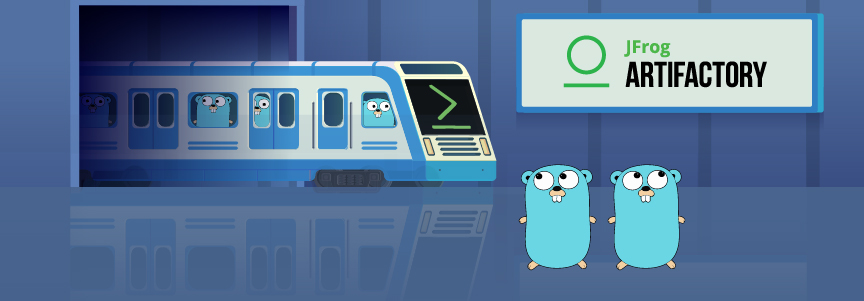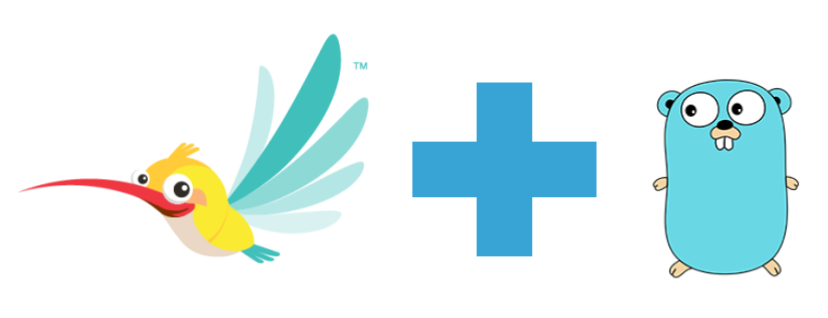
K8s Meetup Amsterdam - Building a K8s Powered Go Modules Repository
Embark on our Kubernetes journey! Uncover insights from our Amsterdam Kubernetes/Cloud-Native Meetup talk, where we share lessons on migration, app/container transparency, and scaling GoCenter.
Today, Kubernetes is the defacto standard if you want to run container workloads in a production environment. As we set out to build our next generation of products, and run them smoothly in the cloud, we needed to move to Kubernetes too! In the process of building tools like KubeXray and GoCenter we learned a whole bunch. At the Amsterdam Kubernetes/Cloud-Native Meetup I presented a talk in which we walked through our lessons learned and how we’re running it at scale.









